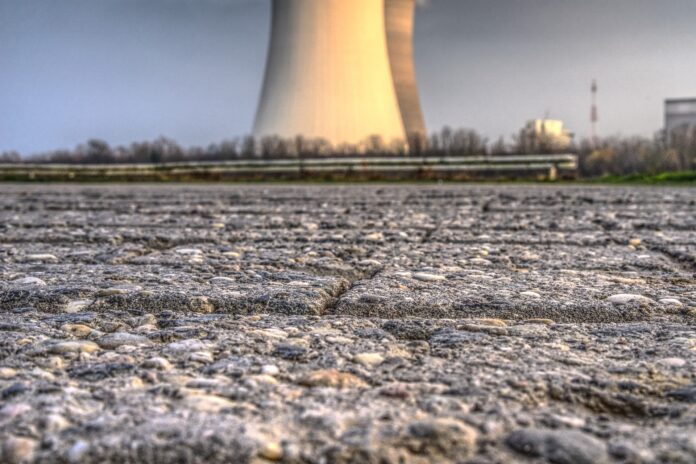The world is inundated with a labyrinth of roads, many of which are paved with asphalt. Asphalt roads are the ‘life-line’ of developing economies and infrastructure. But, new research indicates that asphalt might be a big contributor to air pollution.
There is nothing better than driving on a freshly paved road. For me, even the strong penetrating smell is enjoyable. It is something which I really have not thought about twice.
However, after much thought, asphalt does not really seem to be a very durable compound. It doesn’t stand the test of time. First, it lightens in colour, weathers down, cracks, and soon pot-holes form. Municipalities regularly spend far too much money on re-paving roads.
Putting comfort aside, ancient roman roads still can be found, pretty much intact. If we stop paving roads today, I don’t think much asphalt roads would be intact within the next 100 years. The big observation is that asphalt degrades, and degrades fairly quickly. Did you know that pouring petrol on asphalt can lead to it dissolving, or increase rate of degradation?
Asphalt is derived from crude oil. Like petrol or diesel, it emits volatile gases, especially during paving where the temperature is over 140°C. But a new study (summarised in Science) has shown that the emissions are continuous over time, especially during hot summer days.
Are the emissions dangerous, and are they ‘air-pollution’? The answer is yes, the emissions from asphalt roads are a particulate air pollution which is in the same league as emissions from automobiles and trucks. As the globes’ hundreds and thousands of kilometres of asphalt roads are slowly evaporating away, it very well could be contributing to air pollution more than vehicles. That is a huge amount of pollutants.
This study makes me think: have we missed the big picture in road construction since ancient roman times? For the sake of comfort, have we forgotten about using materials which are low in maintenance cost, pass the test of time, and safe for the environment? Is this even possible? And, when oil reserves run dry, what will we be using to pave roads?








